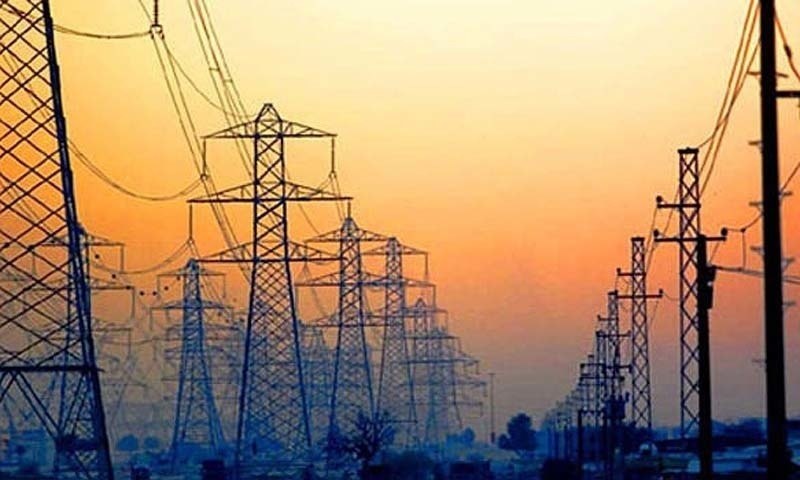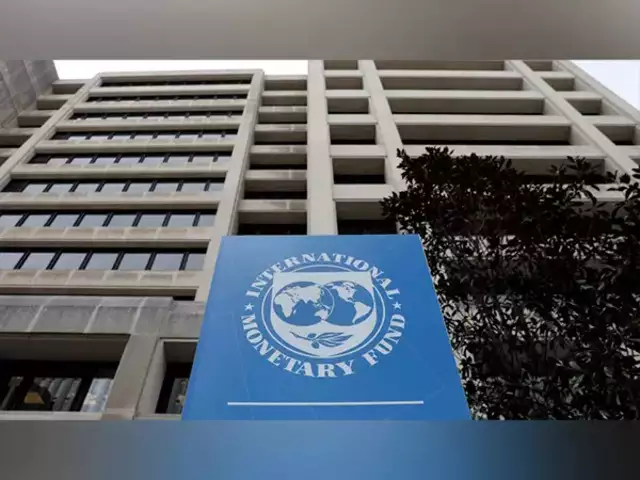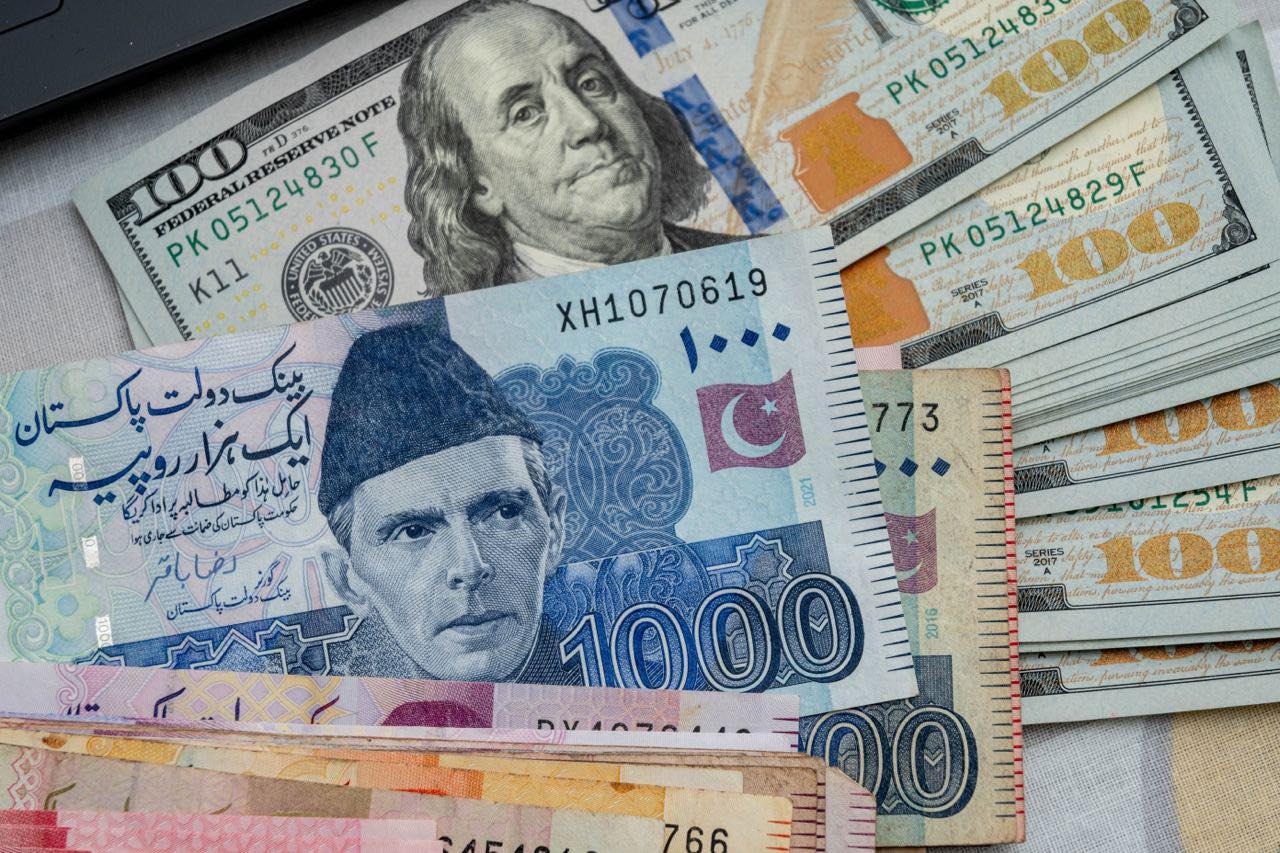Pakistan’s power sector have urged for transparency and accountability, particularly in light of the unimplemented recommendations from the 2020 report on Independent Power Producers (IPPs). The report, which exposed extensive irregularities in the sector, has become a focal point for criticism due to the lack of action taken by the government, leaving the nation’s citizens to bear the brunt of the consequences.
The 288-page report, released in March 2020, revealed a staggering amount of excess payments—exceeding Rs 100 billion—made to IPPs. These payments, deemed unjustified by the committee responsible for the report, highlighted significant inefficiencies and corruption within the power sector. The report called for a forensic audit and the recovery of the excess payments, but despite these recommendations, no concrete steps have been taken to address the issues. This has led to growing frustration among those affected by the ongoing inefficiencies in Pakistan’s electricity sector.
According to the power sector circles, the failure to implement the report’s recommendations reflects a deeper issue of regulatory capture, where powerful interests within the sector prioritize their profits over the public’s needs. This has resulted in a lack of accountability and transparency, further entrenching the problems within the power sector and exacerbating the suffering of Pakistan’s citizens.
One of the most pressing concerns highlighted by these stakeholders is the continued inefficiency and high cost of electricity services in the country. The government’s inaction on the report has allowed these issues to persist, leading to a situation where the public is forced to pay exorbitant electricity tariffs while receiving subpar services. The disparity between the cost of electricity and the actual service provided has sparked widespread calls for reform, with many urging the government to prioritize the needs of the citizens over the interests of the elite.
The origins of these issues can be traced back to policies implemented over the past three decades, particularly the 1994 power policy crafted by the World Bank. This policy, which was widely criticized at the time, set the stage for the current crisis by favoring the wealthy and powerful at the expense of the general public. Despite the recognition of its flaws, the legacy of this policy continues to impact the sector, with its influence seen in the subsequent 2015 policy.
The results of these flawed policies are evident in the current state of Pakistan’s power sector. This year alone, the country is facing Rs 2.1 trillion in capacity payments and a projected Rs 5.422 trillion in circular debt for 2024. These figures highlight the severity of the crisis and the urgent need for reform. Stakeholders have pointed out that the government’s strategy of paying billions to idle IPPs while imposing the highest electricity tariffs in the region has only exacerbated the problem. Industries across the country have been forced off-grid or have shut down due to the unsustainable subsidy burden, further crippling the economy.
While the government’s efforts to protect lifeline consumers through subsidies have been acknowledged as commendable, the gap between costs and recoveries remains vast. The burden of these subsidies, coupled with foreign exchange payments, has suffocated the economy, creating a vicious cycle of devaluation, inflation, and subsequent tariff hikes. This cycle has left Pakistan’s citizens in a precarious position, struggling to afford basic electricity services while the economy continues to falter.
In light of these challenges, the power sector circles have called on the government to break this cycle of failure and implement meaningful reforms that prioritize the needs of the people. They stress the importance of addressing the flawed policies that have led to the current crisis and reducing the circular debt that has become a significant burden on the economy. Ensuring affordable and efficient electricity for all is not just a matter of public welfare, but a crucial factor in securing the nation’s economic future.
The 2020 report on IPPs remains a key document in the ongoing debate over the future of Pakistan’s power sector. Its recommendations for transparency, accountability, and reform have yet to be fully realized, but the growing calls for action indicate a rising demand for change. As the government faces increasing pressure to address these issues, the question remains whether it will take the necessary steps to reform the sector and provide relief to the millions of Pakistanis who continue to suffer due to its inefficiencies.
The situation in Pakistan’s power sector serves as a stark reminder of the consequences of poor policy decisions and the importance of holding those in power accountable. The demand for transparency and accountability is not just about rectifying past mistakes, but about ensuring a more equitable and sustainable future for the country. As the debate continues, it is clear that the people of Pakistan are no longer willing to accept the status quo and are calling for the government to take decisive action to address the ongoing crisis.




